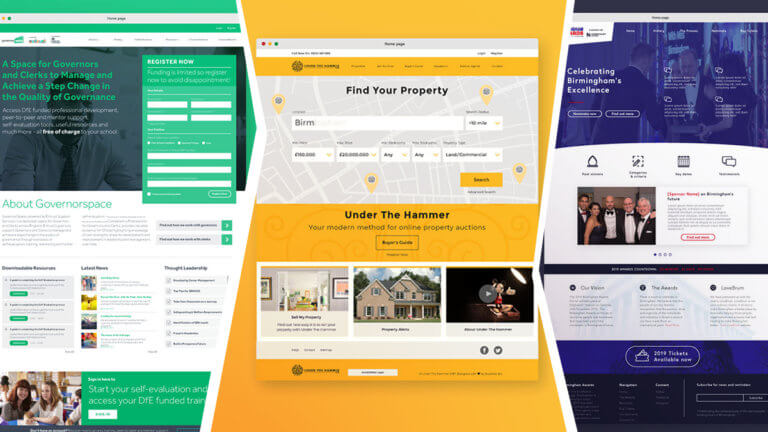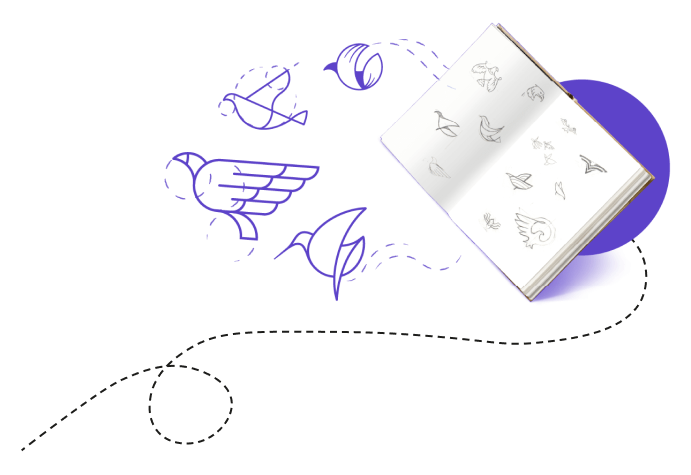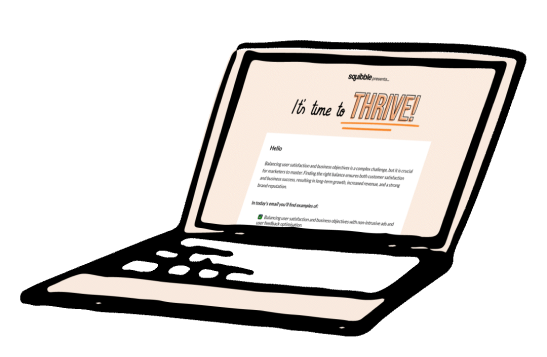So you want a new website. Good choice! We think websites are good things, and new ones almost always offer a lot of opportunities to a business for improving and enhancing how they communicate with customers.
The next step for our clients is almost always to figure out how much that exciting new website is going to cost them. This, of course, is where things get real: what is the project budget, and how much does a particular designer charge? What’s the cost/benefit analysis on all this?
Assessing design costs can be difficult, especially for clients who don’t habitually deal with designers. It isn’t always clear what is included in a given web project, or even what designers actually do.
At Squibble, we believe in transparency. It can really help clients to understand exactly what we include as part of our web design package – and therefore what we’re charging for. Not only does it make the value of the proposition clearer; it helps in comparing our offer with others.

“We’ll build you a website,” is actually a whole set of promises – or at least it should be! So here’s a step-by-step tour through our design process. The best design project will include all of these stages – and every element of this list is included as standard in each of our web design quotes.
- Discovery session. What are the core values of the client’s business? How can these be best expressed? What does the site need to do? The discovery session is critical to establishing the parameters of the project – so that designer and client alike understands its goals and performance metrics.
- Target audience research. To whom should the website appeal? A successful site will speak powerfully to its audience. To achieve that magic, we need to get to know them – and that requires research. We’ll understand your ideal users, and your market segments and target demographics, before we paint a single pixel.
- Best practices. Once we understand where we’re headed, we should consider how to get there. Good designers don’t rely on the same techniques every time – they are flexible, and select the best tool for the job. We undertake a review for each project, to arrive at the best approaches for every aim.
- Separate mobile design and consideration. Part of good design is appropriate design. We now live in an era when the internet is accessed in a myriad ways – and the best sites needs to react appropriately. We always include mobile and responsive design as standard – our sites look as good on a phone screen as they do on a plasma.
- SEO understanding. All this design work is only useful if, once the site is launched, your audience can find it. Designing a site with search engine optimisation (SEO) in mind is therefore essential: Google and the other search engines reward sites that adhere to certain rules, and we build in compliance to every project, so that you’ll have a great PageRank score from day one.
- Past experiences. Every designer benefits from having designed before. When our clients engage us, they understand that they are also accessing our breadth and depth of experience and expertise. That long history of building successful websites means we can be efficient, effective – and creative. Our extensive learning is really valuable.
- User experience focus. A great-looking website is fine. But unless it also works really well, it won’t be as successful as it otherwise might be. As much as we focus on building beautiful sites, we also emphasise functionality. Truly great design is about how easy something is to use – and that ease will keep your customers coming back.
In other words, a web design quote is about a lot more than putting a few pages together. Experience, expertise, knowledge, creativity, pragmatism and care: that’s what you’re paying for with a new website. If you choose the right designer, of course.






